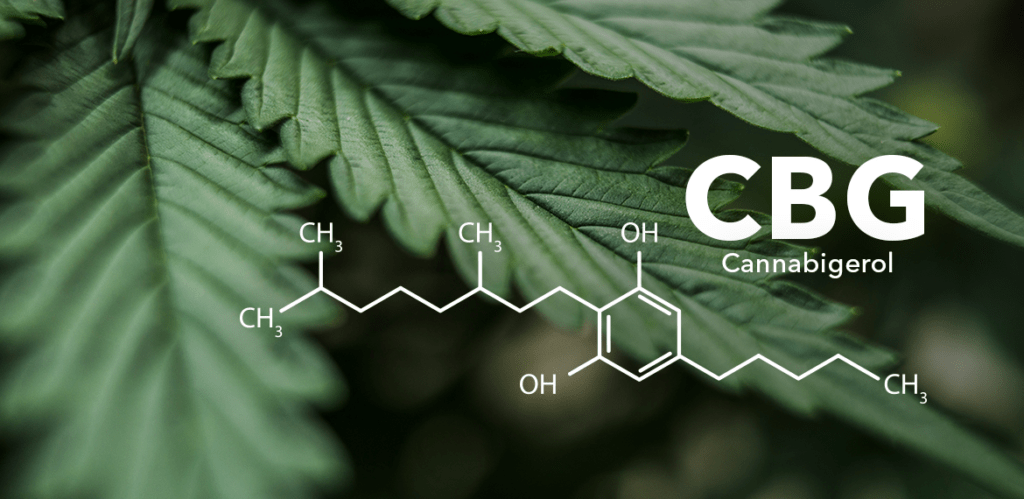The cannabis compound cannabigerol (CBG) showed “broad anti-inflammatory effects” in a new study published by the International Journal of Molecular Sciences.
Conducted by researchers at the University Hospital Duesseldorf and the University of Regensburg, both in Germany, the full text of the study can be found by clicking here.
“Since its medical legalization, cannabis preparations containing the major phytocannabinoids (cannabidiol (CBD) and δ9-tetrahydrocannabinol (THC)) have been used by patients with rheumatoid arthritis (RA) to alleviate pain and inflammation”, states the study’s abstract. “However, minor cannabinoids such as cannabigerol (CBG) also demonstrated anti-inflammatory properties, but due to the lack of studies, they are not widely used.”
Researchers state that CBG “might be used to modulate disease activity in RA as this autoimmune disease is accompanied by oxidative stress and subsequent activation of pro-inflammatory pathways.”
For the study researchers evaluated the influence of the phytocannabinoid CBG on RASF [Rheumatoid arthritis synovial fibroblasts] and lymphocyte function. Patients included in the study all had long-standing RA fulfilling the American College of Rheumatology revised criteria for RA, who underwent elective knee joint replacement surgery. The mean age was 70 ± 8 years.
“In this study, we demonstrated that CBG enhances intracellular calcium levels and PoPo3 uptake by RASF in a TRPA1-dependent manner. In addition, we showed that CBG reduced cell viability dependent on FBS content in the culture medium, and it attenuated TNF-induced IL-6 and IL-8 production by RASF.”
According to researchers “CBG showed broad anti-inflammatory effects in isolated RASF, PBMC and PBMC/RASF co-cultures. As CBG is non-psychotropic, it might be used as add-on therapy in RA to reduce IL-6 and autoantibody levels.”
In this study, we evaluated the effect of CBG on isolated RASF and PBMCs alone and in co-culture with RASF. We found robust anti-inflammatory effects on cytokine production, cell viability and antibody production. Since its medical legalization, cannabis research focused on THC and CBD but we provide evidence that CBG might be even superior to the aforementioned compounds as shown previously [24,42]. CBG has some advantages over THC and CBD when used therapeutically: In contrast to THC, CBG is non-psychotropic and shows broader anti-inflammatory effects as THC did not modulate IL-6 production by RASF alone [12]. CBD on the other hand has been shown to eliminate RASF by a calcium overload in vitro [7], drive B cell apoptosis and reduce PBMC cytokine production [34]. These effects were not mediated by specific receptor interactions but rather by modulating mitochondrial ion transport. Therefore, CBG might be suited as an adjunct therapy for RA to reduce cytokine and autoantibody production.
The full text of this study can be found by clicking here.








